It was a coincidence that in the mid-seventeenth century three women, the Roman painter Artemisia Gentileschi, the Venetian composer Barbara Strozzi and the Sevillian sculptor Luisa Roldan (La Roldana), reached an artistic prestige rarely reached by women. And this prestige has not diminished over time, with the many famous works of the three artists who assured them a place in history long before – and therefore without any need – the claims of woke activism.
It is clear that this exceptional nature is due to the lack of opportunities for women to develop their own artistic creativity: a lack that has gone on for many centuries. We are faced with three rare cases in which parents, also artists, allowed them to learn the family craft and demonstrate their talent from an early age.
Barbara was the daughter of the famous librettist Giulio Strozzi, who immediately realized her enormous qualities as a singer and introduced her to the Venetian academies of the seventeenth century. After receiving lessons from the great Cavalli, Barbara soon became the great protagonist of that environment and a composer of very prolific cantatas, to the point of being the most published of her century. He also achieved financial independence despite not having a patron to work for permanently. She did not free herself from the corresponding accusations of being concubine or courtesan because of her unmarried relationship with the noble John Paul Vidman, father of her children.
Almost all of his published works, more than one hundred, have remained to this day. For the most part they are compositions for voice and accompaniment that she probably played herself with the tiorba, and they are almost all love themes, like those contained in today’s program. The so-called arias, simpler, are usually strophic (they repeat the same melody with later texts), while in the cantatas Strozzi elaborates meticulously the music to express the meaning of each verse of the text, in the style of the madrigal.
As preludes and interludes to Strozzi’s vocal works, we will listen to arias, sonatas and ciaccone of his environment, that is of the Venetian school of the seventeenth century, at the time the vanguard of European music and with an expressive intensity at the level of those who, In the end, they were the real inventors of the work.
Juan Ramón Lara
